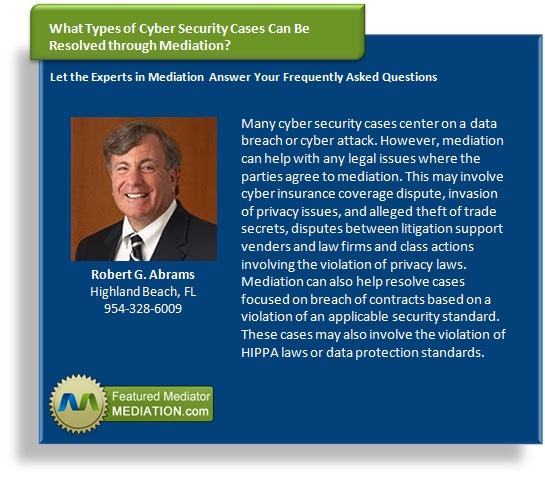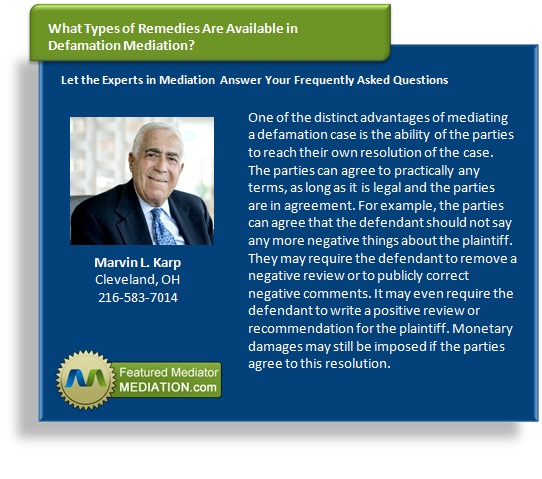 There are a variety of problems or disagreements that can arise when long-term care is being considered by a family. The family may need to decide on which facility is most appropriate for their loved ones, based on his or her abilities and access to loved ones. They may also need to decide on how to treat a family home or which assets to liquidate to pay for care. They may have disagreements about insurance coverage. While there are many different problems that can arise when considering long-term care options, mediation can successfully resolve many of them.
There are a variety of problems or disagreements that can arise when long-term care is being considered by a family. The family may need to decide on which facility is most appropriate for their loved ones, based on his or her abilities and access to loved ones. They may also need to decide on how to treat a family home or which assets to liquidate to pay for care. They may have disagreements about insurance coverage. While there are many different problems that can arise when considering long-term care options, mediation can successfully resolve many of them.
The mediation process is much different than in litigation. Litigation usually involves formal proceedings in front of a judge. There may be specific procedural rules regarding what evidence can be reviewed by the court and strict timelines that must be met. Litigation is a public forum in which the general public may hear the details involved in the case. Most importantly, it is an adversarial process in which the parties are pitted as enemies against each other.
In contrast, mediation is a private and confidential process. It is much less formal, and the parties do not necessarily have to adhere to evidence requirements. The parties are encouraged to work together, so this helps strengthen the family bond instead of severing it forever. Family members are able to craft their own solutions that reflect the unique situation involving their particular family, so they often feel like an integral part of the process and are more likely to comply with the agreement they help to achieve. Many families report that they have a higher degree of satisfaction than when the case is litigated.







 Licensing a trademark or product is an effective way to expand the reach of a business without having to invest in the full operations behind the technology. In some instances, a case of infringement has resulted in a profitable licensing agreement. Nonetheless, problems may still arise after parties have agreed to a licensing agreement. In these situations, mediation can serve as an effective way to resolve the problem.
Licensing a trademark or product is an effective way to expand the reach of a business without having to invest in the full operations behind the technology. In some instances, a case of infringement has resulted in a profitable licensing agreement. Nonetheless, problems may still arise after parties have agreed to a licensing agreement. In these situations, mediation can serve as an effective way to resolve the problem. Libel or defamation cases arise when someone makes a negative, false statement about another person or business verbally or in writing. Mediation has been highly successful in the libel and defamation context for several reasons, including the following:
Libel or defamation cases arise when someone makes a negative, false statement about another person or business verbally or in writing. Mediation has been highly successful in the libel and defamation context for several reasons, including the following: Cyber security cases can arise for a number of different reasons. These cases are often complex and involve special factors that must be considered by the parties and the mediator assigned to the claim. Some special considerations include the following:
Cyber security cases can arise for a number of different reasons. These cases are often complex and involve special factors that must be considered by the parties and the mediator assigned to the claim. Some special considerations include the following: